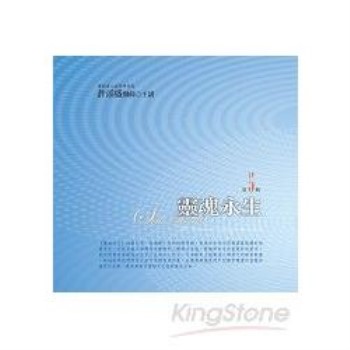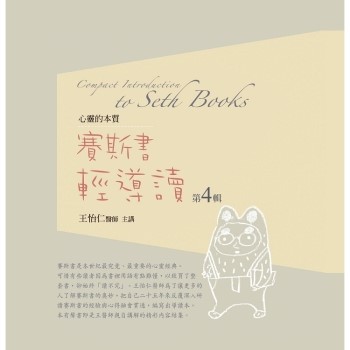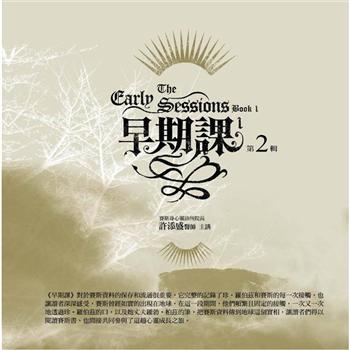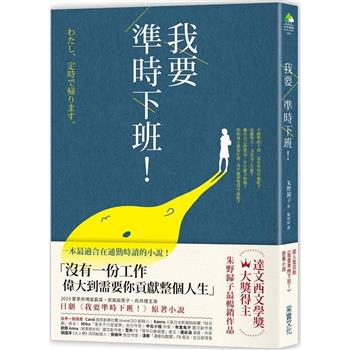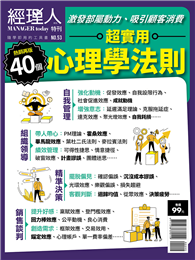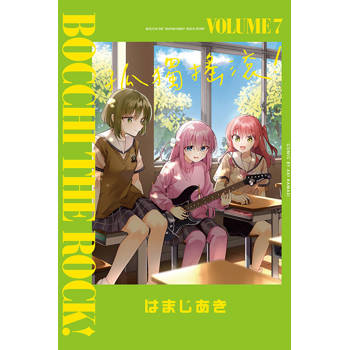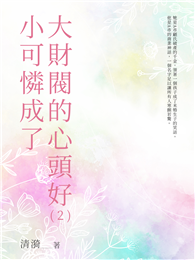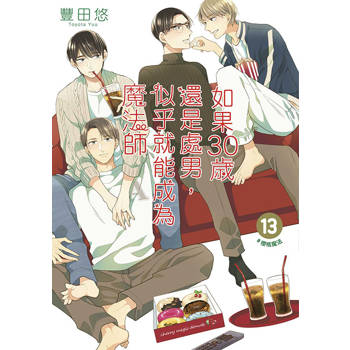The enormous success of writers such as Teju Cole and Chimamanda Ngozi Adichie demonstrates that African literatures are now an international phenomenon. But the apparent global legibility of a small number of (mostly Anglophone) writers in the diaspora raises the question of how literary producers from the continent, both past and present, have situated their work in relation to the world and the kinds of material networks to which this corresponds. This collection shows how literatures from across the African continent engage with conceptualizations of ’the world’ in relation to local social and political issues.
Focusing on a wide variety of geographic, historical and linguistic contexts, the essays in this volume seek answers to the following questions: What are the topographies of ’the world’ in different literary texts and traditions? What are that world’s limits, boundaries and possibilities? How do literary modes and forms such as realism, narrative poetry or the political essay affect the presentation of worldliness? What are the material networks of circulation that allow African literatures to become world literature? African literatures, it emerges, do important theoretical work that speaks to the very core of world literary studies today.| FindBook |
有 1 項符合
African Literatures as World Literature的圖書 |
 |
African Literatures as World Literature 出版社:Bloomsbury Academic 出版日期:2024-06-27 語言:英文 規格:平裝 / 284頁 / 22.86 x 15.24 x 2.54 cm / 普通級/ 初版 |
| 圖書館借閱 |
| 國家圖書館 | 全國圖書書目資訊網 | 國立公共資訊圖書館 | 電子書服務平台 | MetaCat 跨館整合查詢 |
| 臺北市立圖書館 | 新北市立圖書館 | 基隆市公共圖書館 | 桃園市立圖書館 | 新竹縣公共圖書館 |
| 苗栗縣立圖書館 | 臺中市立圖書館 | 彰化縣公共圖書館 | 南投縣文化局 | 雲林縣公共圖書館 |
| 嘉義縣圖書館 | 臺南市立圖書館 | 高雄市立圖書館 | 屏東縣公共圖書館 | 宜蘭縣公共圖書館 |
| 花蓮縣文化局 | 臺東縣文化處 |
|
|
圖書介紹 - 資料來源:博客來 評分:
圖書名稱:African Literatures as World Literature
內容簡介
作者簡介
Alexander Fyfe is Assistant Professor of Comparative Literature and African Studies at the University of Georgia. His articles have appeared in Interventions: International Journal of Postcolonial Studies, Research in African Literatures, and Critique: Studies in Contemporary Fiction, among other venues. He has guest-edited special issues of African Identities and (with Rosemary Jolly) The Cambridge Journal of Postcolonial Literary Inquiry.
Madhu Krishnan is Professor of African, World and Comparative Literatures in the Department of English at the University of Bristol, UK. She is author of three books: Contemporary African Literature in English: Global Locations, Postcolonial Identifications (2014), Writing Spatiality in West Africa: Colonial Legacies in the Anglophone/Francophone Novel (2018); and Contingent Canons: African Literature and the Politics of Location (2018).
|
